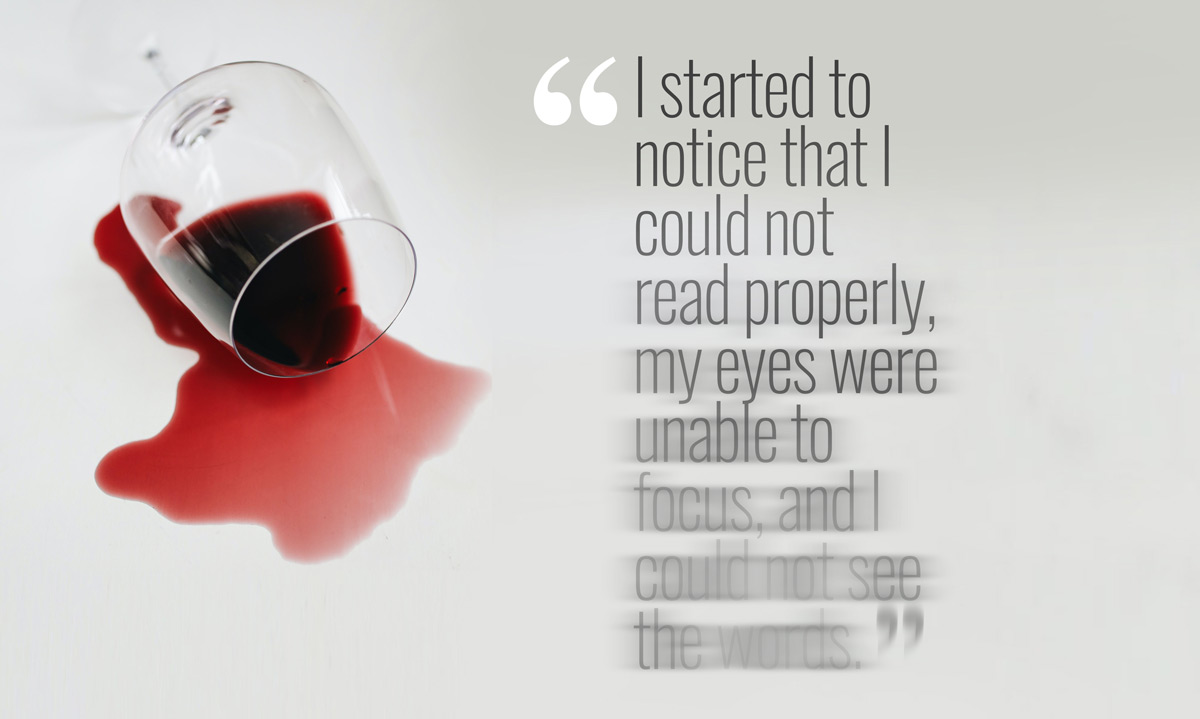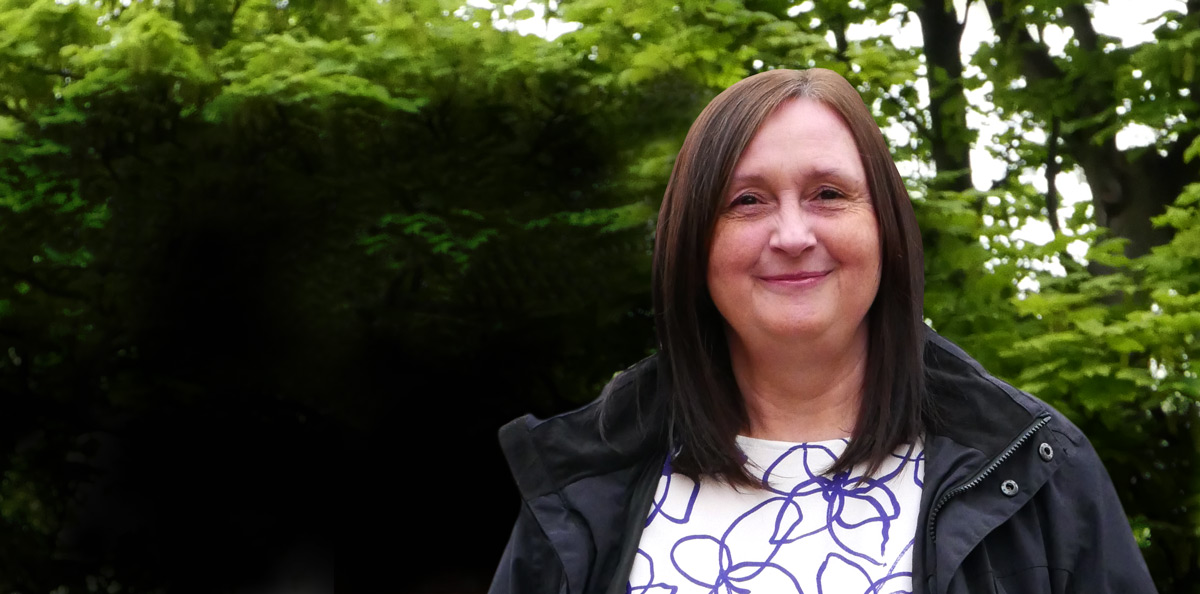News & Events
Addiction, chaos and hospital visits
I had a very long history of alcohol abuse, lived a chaotic lifestyle, and presented at hospitals on numerous occasions.
CARDS Staff Member Michaela Devlin shares her experiences
Over the years I was prescribed Acamprosate and Antabuse and received numerous detoxes. I was often prescribed Thiamine, told it was very important that I take it, however I do not recall being told why. My daily life was so unmanageable I would often forget to take it or not have access to a steady supply.As my alcohol abuse got progressively worse so did my health.
I started to notice that I could not read properly, my eyes were unable to focus, and I could not see the words. I could not hold objects as I had no grip and I was unsteady on my feet, even when I was not particularly drunk. I struggled to walk downstairs, my legs were unsteady and felt like jelly and therefore would wobble terribly with each step. This was frightening and dangerous for me as well as embarrassing. I was extremely forgetful, and I could not form or hold a thought or piece together facts. At this stage I was unaware that I had alcohol related brain damage. Any medical advice I received at the time generally focused on liver damage and was consistently tested for my liver function. I do not recall ARBD ever being mentioned or receiving any cognitive function tests despite regularly attending hospital and addiction services.
Getting on a treatment program
I eventually secured a place at an NHS Addiction Treatment Centre and began a programme of recovery for my alcoholism. Alongside therapy we received information on addiction in the form of talks and lectures. I was shocked to be told that alcoholism was an illness and though it was often fatal and progressive it could be treated. Up until then I had thought of myself as weak or bad; it never occurred to me that it was an illness. During one of our lectures, we learned about the effect alcohol has on the brain. We were shown slides of healthy brains and addicted brains. We were told that substances change the structure of the brain, the neural pathways and that damage is progressive. I recall a therapist telling us that all our brains were damaged and that it could take up to two years for this to improve, provided of course we remain abstinent and there was no lasting or irreparable damage. I found this to be a revelation, it explained why I could not read or write, my wobbly legs, my inability to form proper thoughts or to concentrate and my general clumsiness. It meant that I could recover, my overall quality of life would improve, and there was hope for me. I was also painfully aware of what was ahead of me if I did not remain abstinent.

I realise now how close I came to having permanent irreparable brain damage. One of the criteria for clinically diagnosing ARBD is drinking an average of 35 units (female) for a period of more than five years. It generally affects people in their 40s and 50s with females presenting a decade earlier. I was 46 when I entered the treatment centre and had been drinking at dangerous levels for well over a decade, yet my ARBD was never mentioned or investigated.
Lucky recovery
My overall recovery is simply down to luck in getting a place at the treatment centre and has involved a lot of support and hard work on my part. Unfortunately, the majority of those affected are not so lucky in finding treatment. I have been abstinent from alcohol over seven years. My health is excellent considering what I have been through. I am aware of slight memory loss, an inability to record or recall facts and figures and forgetting certain words during conversations, however, I do manage to function well on a daily basis. I have various diplomas and degrees and a background in accounting, so I am painfully aware of the difference now in my overall brain function. After volunteering for CARDS for several years, I am now a full-time employee. The care, dedication and support they provide to clients, volunteers and staff is outstanding. Their knowledge of ARBD and alcoholism, and especially their commitment to raising awareness of this condition, is what inspired me to volunteer with them in the first place. ARBD has been described as a silent problem. Sadly, this will remain the case whilst it is misunderstood, stigmatised, under diagnosed and left untreated!
You can make a difference to vulnerable, isolated people by volunteering for CARDS. Click here to find out how you can get involved.
To read our full 2020 ARBD report, “Making the connection”, click here.

